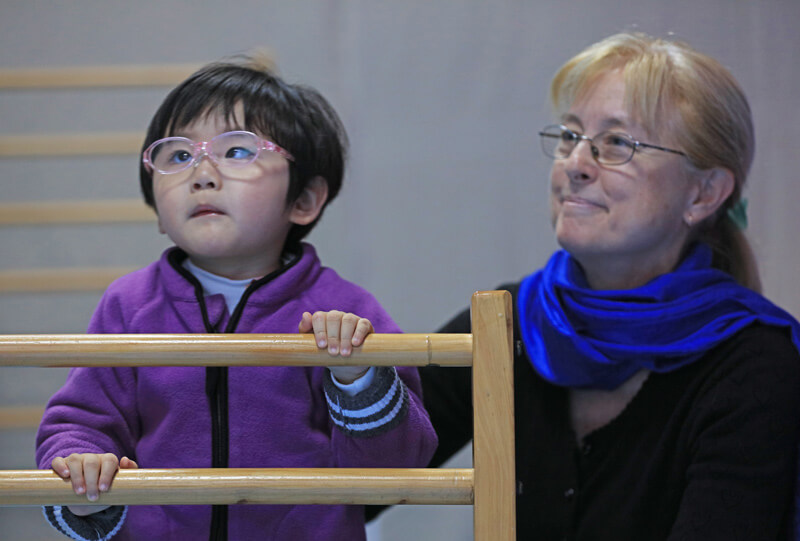Search

News & Events
Research enriching the lives of girls with Rett syndromeA program developed by The Kids Research Institute Australia researcher Dr Jenny Downs has led to dramatic improvements in the functioning of Chinese children with Rett syndrome, and could change the world.
News & Events
New insight into Rett syndrome severityA research collaboration between Australia and Israel has identified a genetic variation that influences the severity of symptoms in Rett syndrome.
News & Events
New guidelines a model for better management of rare conditionsNew guidelines a model for better management of rare conditions
News & Events
Rett syndrome research reveals high fracture riskGirls and young women with Rett syndrome are nearly four times more likely to suffer a fracture.
News & Events
New study reveals Rett syndrome can strike malesA new study has found that the genetic flaw responsible for Rett syndrome can strike males, even where there isn't a family history of the rare brain disorder.

The Sibling Project focuses on children, adolescents and emerging adults who have a sibling with a disability, investigating their mental health, relationships and quality of life.

National Siblings Day is a holiday dedicated to celebrating the bond between siblings. It is a time to recognize the importance of siblings, whether they are brothers, sisters, step-siblings, or even those who feel like family.
The list of The Siblings Project publications
The Siblings Project Gallery
Sibling Camp 2024 photos
